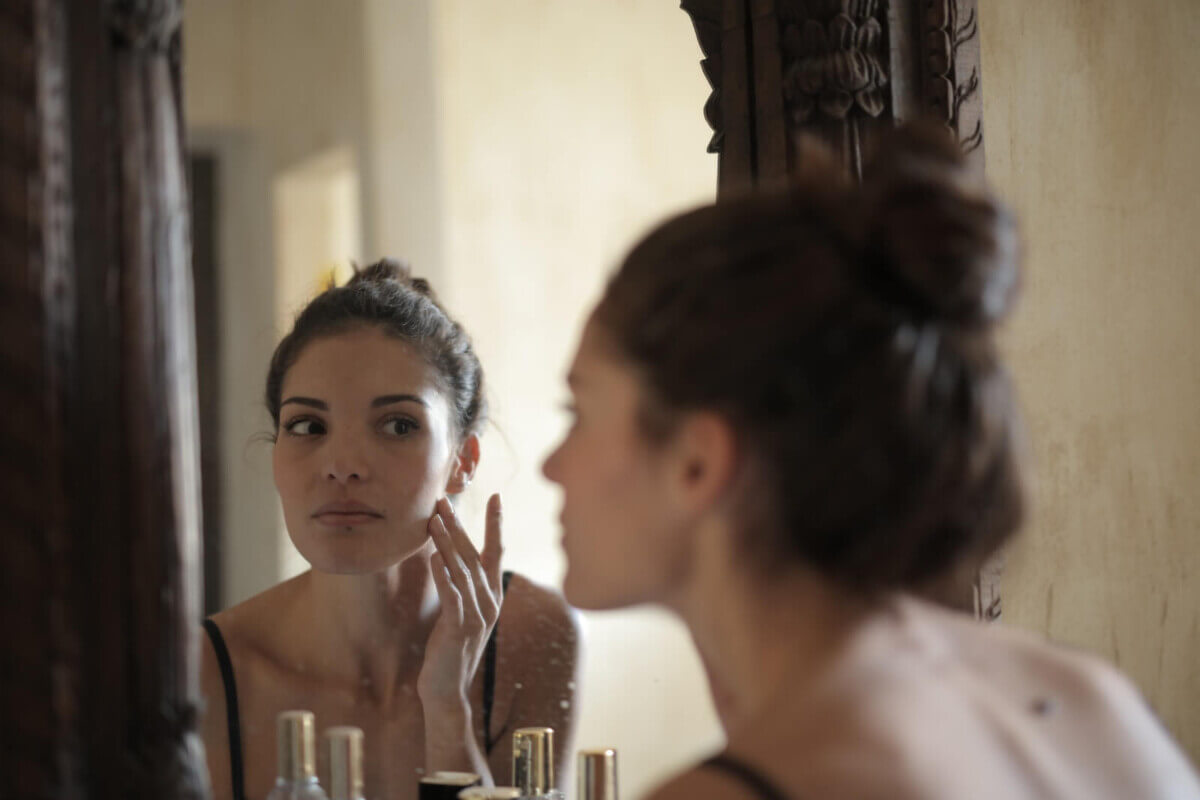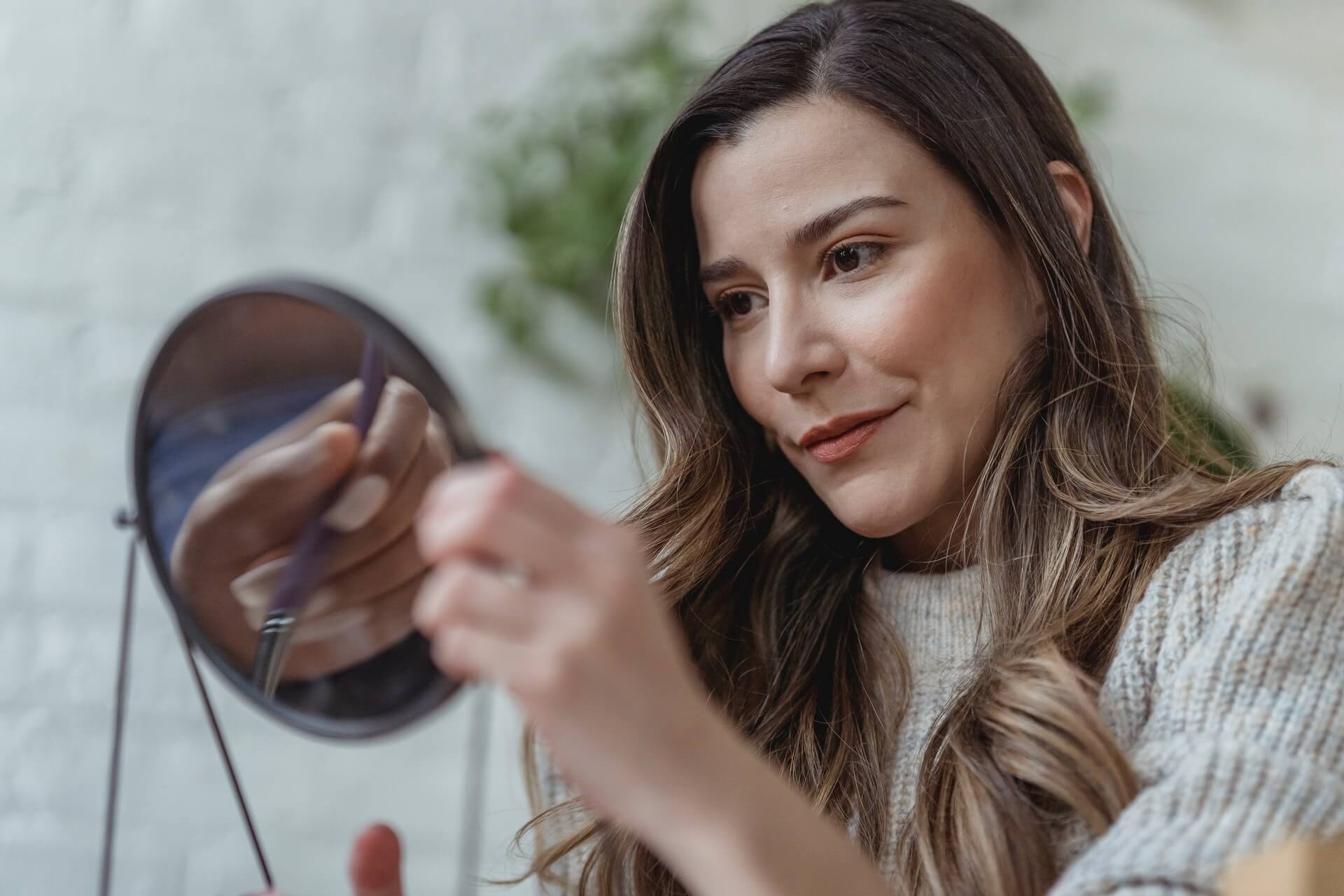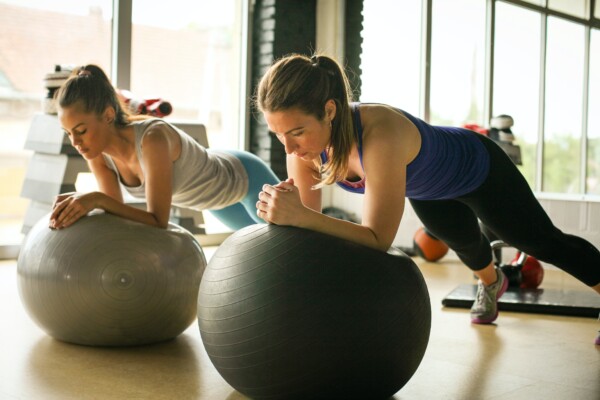
(Photo by Andrea Piacquadio on Unsplash)
NEW YORK — There's an old saying that “it is better to look good than to feel good,” but do people really believe that? Interestingly, it turns out that eight in 10 women prioritize feeling healthy more than looking beautiful.
A poll of 2,000 American women revealed that improving both their mental and emotional health (33%) and physical health (33%) makes them feel more beautiful than improving their physical appearance (22%). Conducted by Talker Research on behalf of Doctor’s Best, the survey also revealed that 79% agree that if they feel healthy on the inside they will feel more beautiful on the outside. Women are also feeling an average of eight years younger than their actual age, according to the survey.
The data shows that women across the board feel pressure to look younger — the average age at which they begin to feel this pressure is 39. Researchers also discovered the confidence women are feeling about their natural beauty and current age, with nearly eight in 10 (78%) sharing they have never considered getting Botox or fillers. In fact, 28% of women surveyed do not even have a daily beauty care routine.
For those who do (72%), these routines do not take up much time at all, with an average of just over 11 minutes per day, another sign of the amount of attention women are giving to their physical beauty.

American women say they see messages promoting physical beauty on social media (59%), TV advertisements (55%), and through their friend groups (33%). Women encounter these kinds of messages an average of four times per day, according to the research.
Unfortunately, advertisements for beauty products that promote a more youthful look are negatively impacting women's perceptions of their physical appearance. Nearly a quarter (24%) said seeing these ads makes them wish they were younger, and 23% said they feel less confident about their appearance. In fact, more than one in three Gen Z women surveyed said they questioned their own beauty after seeing ads for youth-promoting products.
“The survey results indicate that the beauty and youth ideals promoted on social and traditional media do not align with how women really feel about themselves,” says Katie Lucas, vice president of marketing for Doctor’s Best, in a statement. “They feel younger and are optimistic about strengthening themselves and their health from within.”
Thirty-eight percent of women surveyed are currently taking supplements tailored to women’s health and beauty and 73% of this group said they believe these supplements support them in aging well. While some women say that getting older has changed them in the sense that they are struggling with aches, pains, and other health issues (23%), there are more who say they are not afraid of getting older (16%) compared to those who are afraid of aging (14%).
Aside from physical beauty, women expressed that they feel more beautiful when they are being kind to others (33%), have confidence in themselves (26%), and spend time with people who care about them (26%).
“The data shows that women are prioritizing their health over physical beauty at all ages,” adds Gale Bensussen, CEO of Doctor’s Best. “Nearly 40 percent of women from the study use supplements for their health and beauty needs, which indicates that the idea of beauty and aging well is internally driven.”
Survey methodology:
This random double-opt-in survey of 2,000 American women was commissioned by Doctor’s Best between April 24 and April 29, 2024. It was conducted by market research company Talker Research, whose team members are members of the Market Research Society (MRS) and the European Society for Opinion and Marketing Research (ESOMAR).










